72 pages • 2 hours read
John GrishamA Time For Mercy
Fiction | Novel | Adult | Published in 2020A modern alternative to SparkNotes and CliffsNotes, SuperSummary offers high-quality Study Guides with detailed chapter summaries and analysis of major themes, characters, and more.
Important Quotes
“Josie couldn’t yell, couldn’t swallow or breathe, and the mad glow in his eyes told her this was their last fight. This was the moment he would finally kill her.”
(Chapter 1, Page 4)
From the novel’s outset, John Grisham establishes the violence Josie and her children have endured living with Stuart. This quote demonstrates that Josie has been brutally attacked in the past, enough to make her fear that this would be the last time. Grisham’s focus on violence makes readers immediately sympathetic to the Gamble family and establishes dramatic irony.
“The fact that he was dead was a relief to both of them and they felt fear but no remorse.”
(Chapter 2, Page 27)
This passage occurs after Drew shoots and kills Stuart and demonstrates how Josie and Kiera feel relieved knowing he can’t hurt them anymore. This relief shows the violent circumstances the teens were living in and the conflict between them and Stuart. Unfortunately, this passage is ironic because Drew killed Stuart thinking his mother was dead when she is still alive. Drew will never say he regrets killing Stuart, even as he goes on trial for capital murder.
“When I was a kid here it was still used by the Klan for meetings that were not so secret. We may be living in 1990, but the people who shop and dine at Sawdust, along with those who sit by the old iron stove in the wintertime and tell n***** jokes, and those who chew tobacco on the front porch and spit on the gravel as they whittle and play checkers, are not the kind of people I want to hang with.”
(Chapter 3, Page 35)
This excerpt references the racial tension still present in Clanton. When Ozzie and Tatum go to breakfast, Tatum suggests a café known for its racism against Black people in the past. Once the men are seated, Ozzie sees pictures of professional football players on the walls. The café doesn’t display Ozzie’s because of his race. This image of a Black sheriff still facing racism in 1990 demonstrates the novel’s volatile
Related Titles
By John Grisham
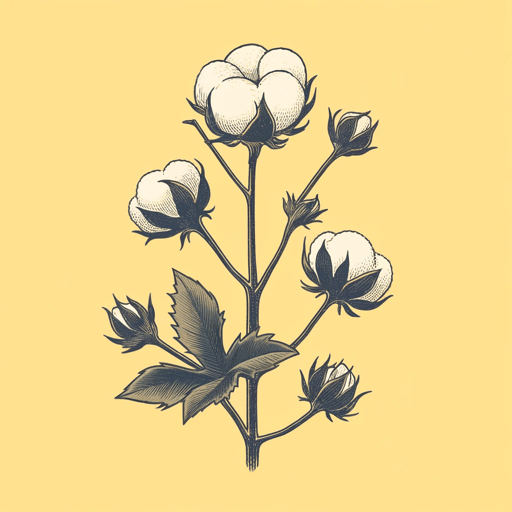
A Painted House
John Grisham

A Time to Kill
John Grisham
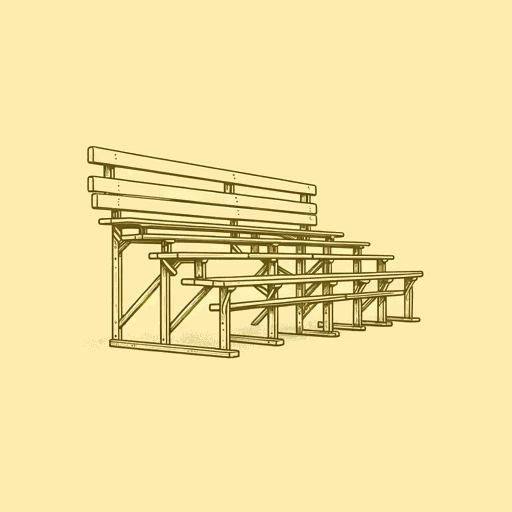
Bleachers
John Grisham

Calico Joe
John Grisham

Camino Island
John Grisham

Gray Mountain
John Grisham

Skipping Christmas
John Grisham

Sooley
John Grisham

Sparring Partners
John Grisham

Sycamore Row
John Grisham

The Appeal
John Grisham
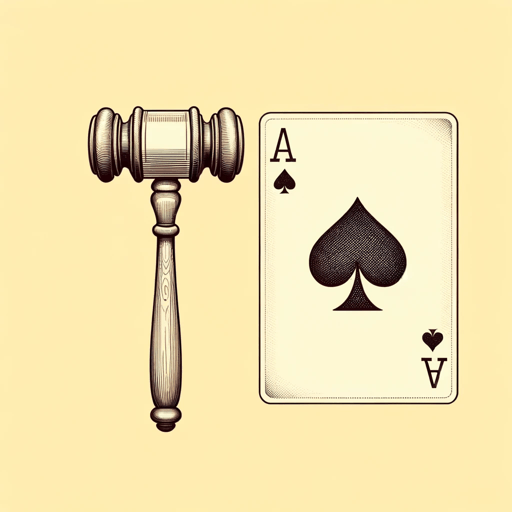
The Boys from Biloxi
John Grisham

The Brethren
John Grisham

The Chamber
John Grisham
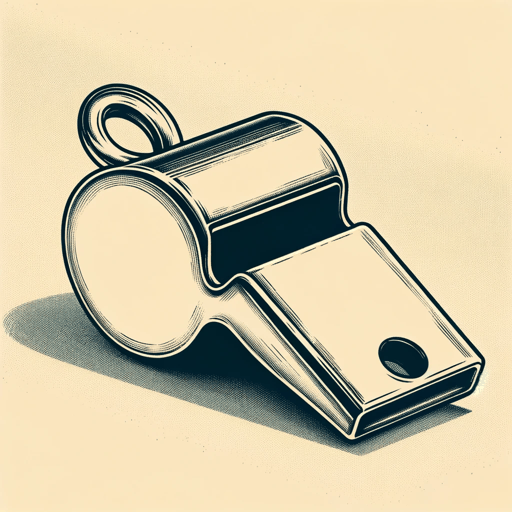
The Client
John Grisham

The Confession
John Grisham

The Firm
John Grisham
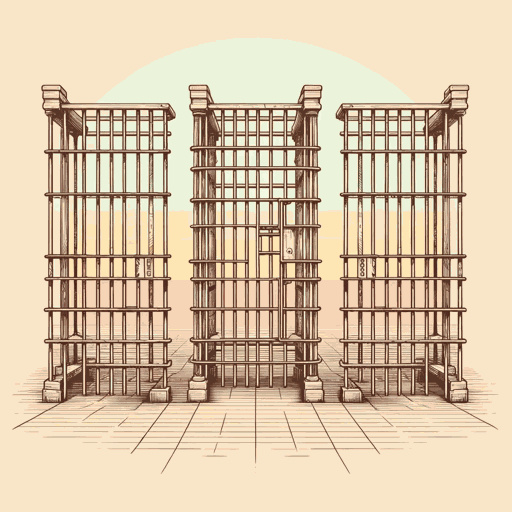
The Guardians
John Grisham
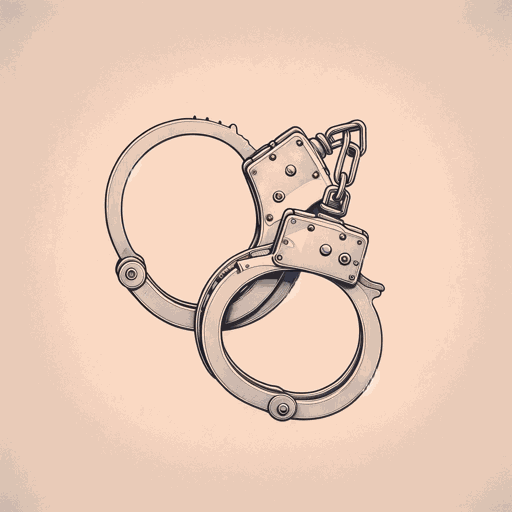
The Innocent Man
John Grisham

The Judge's List
John Grisham

